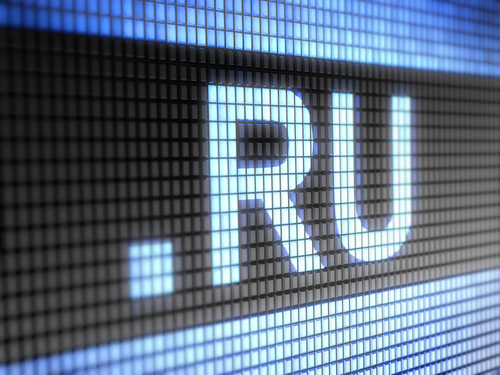US Dispatches Mission To Muzzle Russian Cyber Security Threats

Expedition to Eastern Europe examines ways to combat growing cyber threat from Russia
A cyber security mission to Poland and Romania is this week seeking ways to bolster the cyber defences of key allies against the growing cyber threat of Russia and others.
According to the Financial Times, the mission is made up of a number representatives from big names in the tech industry including Microsoft, security specialist FireEye and even defence contractor Lockheed Martin.
US Mission
 The group is apparently being led by a top US Department of Commerce official, namely deputy commerce secretary Bruce Andrews.
The group is apparently being led by a top US Department of Commerce official, namely deputy commerce secretary Bruce Andrews.
According to the newspaper, the mission is exploring ways to bolster defences against a common threat of cyber attacks emanating from Russia and elsewhere in eastern Europe.
The mission is part of US attempts to ensure its defence allies are just as strong in their cyber security defences.
“Poland and Romania have a very tech savvy population and they are also in a challenging neighbourhood when it comes to cyber threats, both from a nation state and cyber crime perspective,” Andrews told the Financial Times.
“The nation states in their neighbourhood are pretty aggressive,” Andrews added. “So we want to help make sure that we and our allies have the necessary regime in place to deal with the cyber threats.”
American firms on the mission are potentially using the trip to establish or expand their market presence in central and eastern Europe, while also sharing best practices on fighting cyber attacks. The mission will focus on the protection of critical infrastructure, after recent security scares revealed the potential damage a hacker can do.
Besides the breaches at a South Korean nuclear power plant and a German steelworks, a group of hackers known as Dragonfly reportedly targeted energy companies in the US, Poland and Romania, along with Spain, France and Italy last year. They managed to compromise industrial control systems (ICS) used to control sections of power plants.
The Dragonfly hackers are said to have originated from Russia.
“The only way to defend against malicious actors is to do it collaboratively,” Mike Buratowski, VP of cyber security services at Fidelis was quoted as saying. “If you try to do it on your own, you are only going to see one piece of the picture.”
Dangerous World
The growing threat of individual hackers, or group of hackers backed by nation states, to critical infrastructure is now a well known issue.
For years now businesses have had to bolster their cyber defence credentials. Last year, the British intelligence agency GCHQ said it would share “classified” threat data to help government suppliers and critical infrastructure firms deal with cyber attacks on their systems.
Governments have had to increase their cyber security spending. In 2011, the MOD announced a new joint force command to oversee cyber warfare and military intelligence.
What do you know about Internet security? Find out with our quiz!